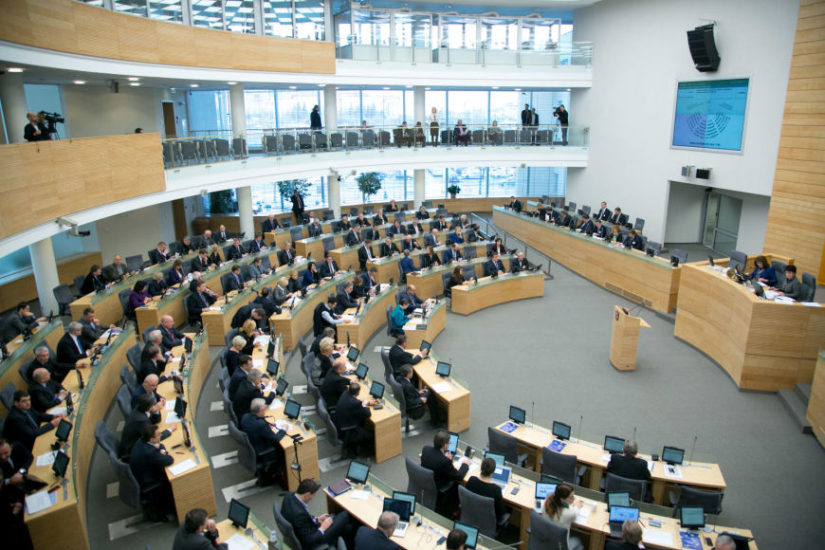This study “Protection of Hate Crime Victims’ Rights: the case of Lithuania” seeks to determine whether Lithuanian legal system – both in theory and in practice – is ready to respond efficiently to hate crimes while taking into account the victims’ rights. It is primarily aimed at the Lithuanian decision-makers, tasked with ensuring compliance of Lithuanian laws with the provisions of the EU Directive on Victims’ Rights, and law-enforcement agencies, first of all, the pre-trial investigation officers and prosecutors dealing with the incidents of hate crimes.
The study is divided into three sections, the first of which assesses Lithuanian legal framework against the standards of victims’ rights protection and victim support as set out in the EU Directive on Victims’ Rights. The second section takes an in-depth look at the way law-enforcement officials respond to hate crimes and guarantee the victims’ rights and the way hate crimes victims assess their performance. The third section summarizes the research findings, as well as provides several recommendations.
The research reveals a gap between the EU legal standards and their implementation in Lithuania where both regulation and practice are concerned. Current Lithuanian legislation falls far short of realising the guarantees and rights afforded to crime victims under the EU Directive on Victims’ Rights. The procedural rights of crime victims set out in the Directive, even though available under Lithuanian law, suffer from very narrow and vague coverage. This is especially true where the protection of vulnerable victims, including hate crime victims, is concerned, as there is no systematic approach to victims’ protection.
The study was funded by the Fund for Bilateral Relations at national level of the European Economic Area Financial Mechanism of the EEA Grants 2009-2014.








